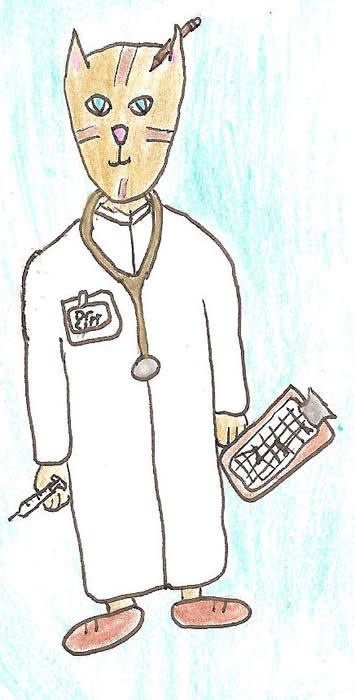Introduction
The Surgeon is an essential part of the multidisciplinary team responsible for the care of pediatric oncology patients.
Making the diagnosis. The surgeon is usually involved right from the beginning to make the diagnosis with biopsy.
Supportive Care. Surgeons are part of the supportive care team. Interventional radiologists and surgeons are responsible for the placement of vascular access devices. These make the administration of chemotherapy much easier and safer, provide access for anesthetics and much of the necessary supportive care (for example IV fluids, blood products, antibiotics and many other drugs).
Surgeons help with the placement of gastrostomy tubes if nutritional intake is a significant problem during therapy.
Local Control. Surgery is usually the most important modality to ensure local control of the primary tumor.
Chemotherapy is usually very effective at dealing microscopic metastatic disease and reducing the bulk of tumor in the primary site (where the cancer started).
The surgeon and radiation oncologist work together to determine how to ensure that the primary tumor (where there are the most cancer cells and it is hardest to eliminate them completely) does not recur.
The aim is to achieve "local control" - with the least morbidity. Very often this will involve surgery alone, sometimes a combination of surgery and radiation therapy (RT) is necessary and sometimes RT alone is the only treatment possible.


